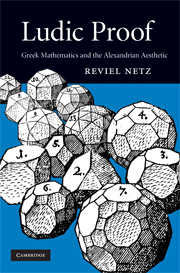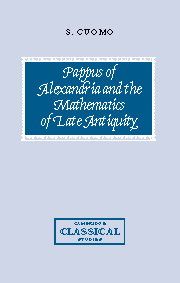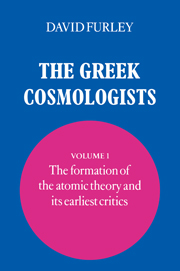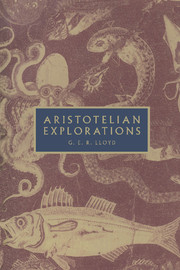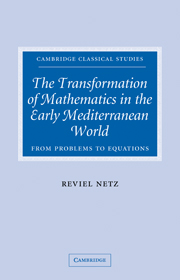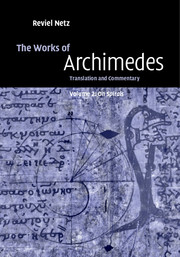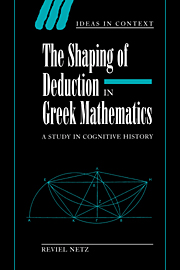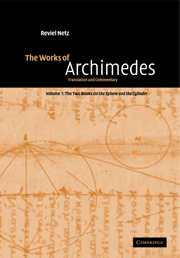Ludic Proof
This book represents a new departure in science studies: an analysis of a scientific style of writing, situating it within the context of the contemporary style of literature. Its philosophical significance is that it provides a novel way of making sense of the notion of a scientific style. For the first time, the Hellenistic mathematical corpus - one of the most substantial extant for the period - is placed centre-stage in the discussion of Hellenistic culture as a whole. Professor Netz argues that Hellenistic mathematical writings adopt a narrative strategy based on surprise, a compositional form based on a mosaic of apparently unrelated elements, and a carnivalesque profusion of detail. He further investigates how such stylistic preferences derive from, and throw light on, the style of Hellenistic poetry. This important book will be welcomed by all scholars of Hellenistic civilization as well as historians of ancient science and Western mathematics.
- First book to understand scientific writing in a literary context
- First book to introduce the mathematical corpus into discussions of Hellenistic culture
- Offers a new understanding of the development of Greek mathematics
Product details
May 2009Hardback
9780521898942
272 pages
234 × 158 × 20 mm
0.57kg
Available
Table of Contents
- Preface
- Introduction
- 1. The carnival of calculation
- 2. The telling of mathematics
- 3. Hybrids and mosaics
- 4. The poetic interface
- Conclusions and qualifications.

